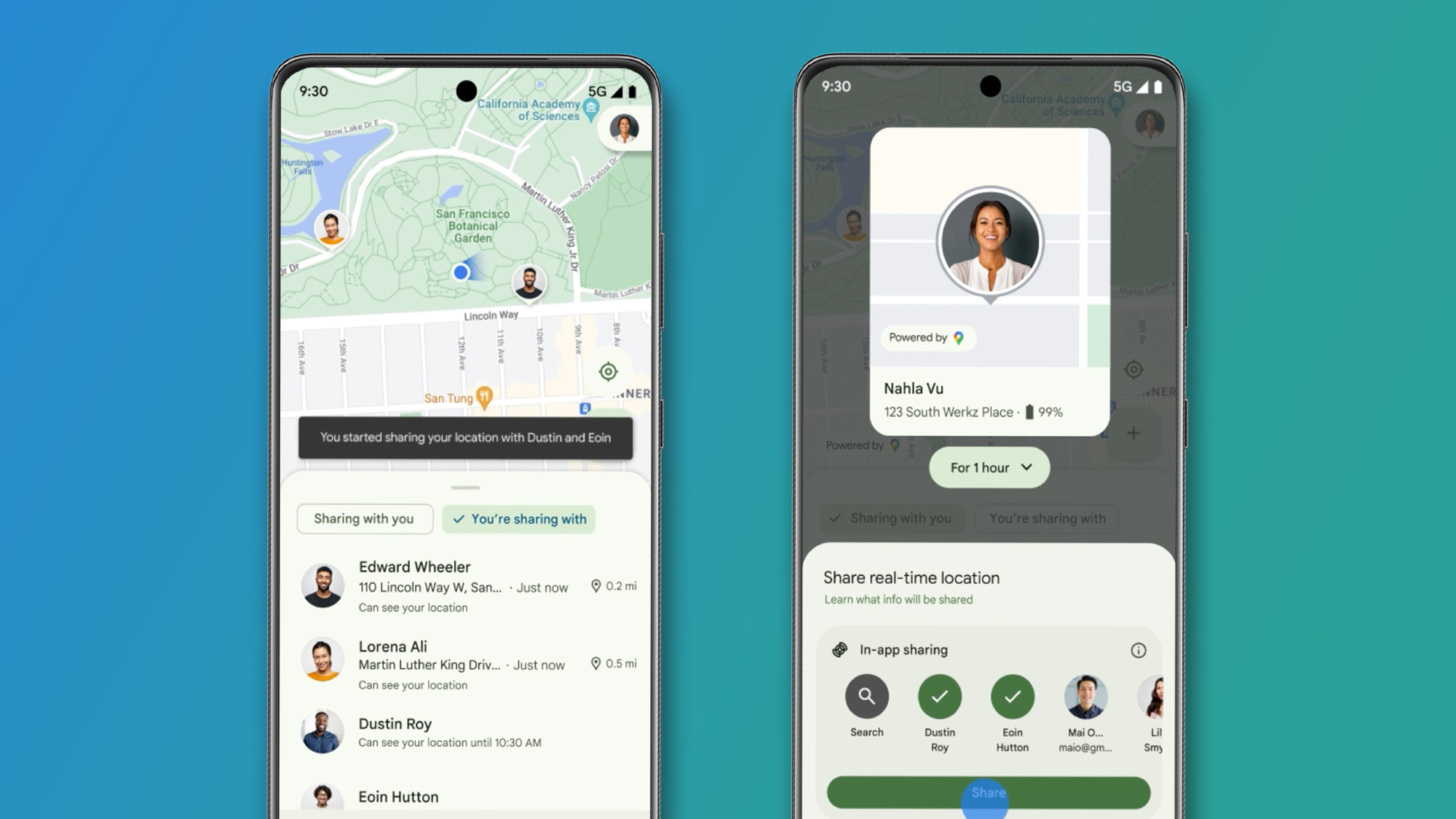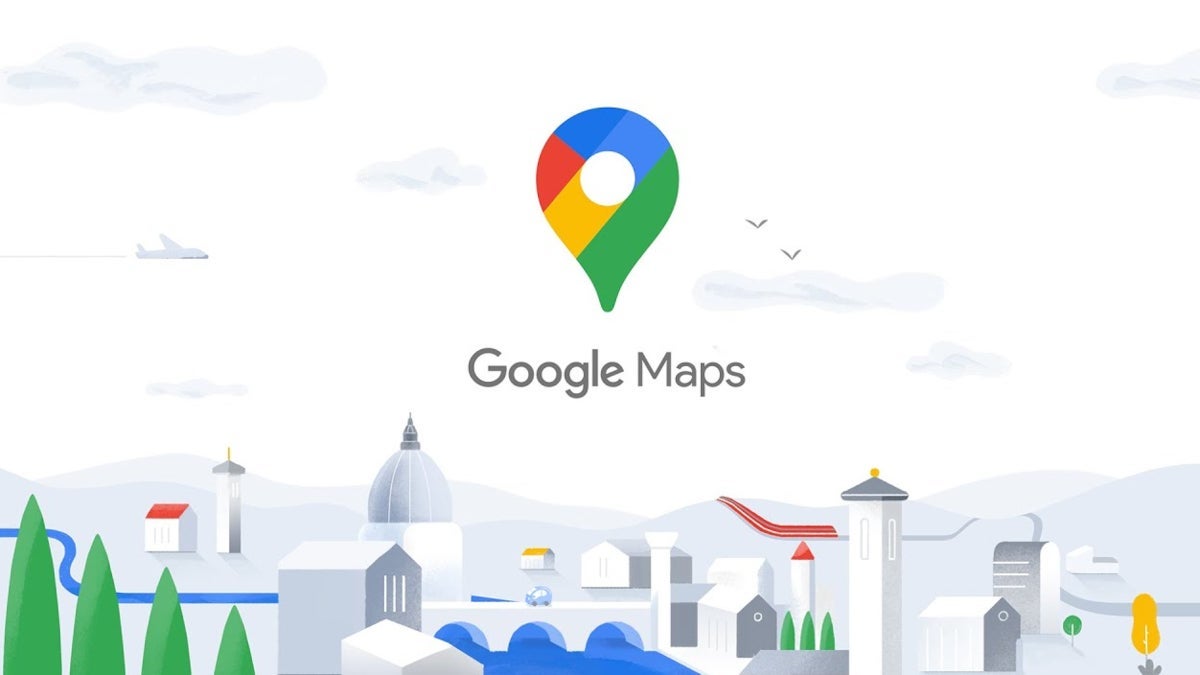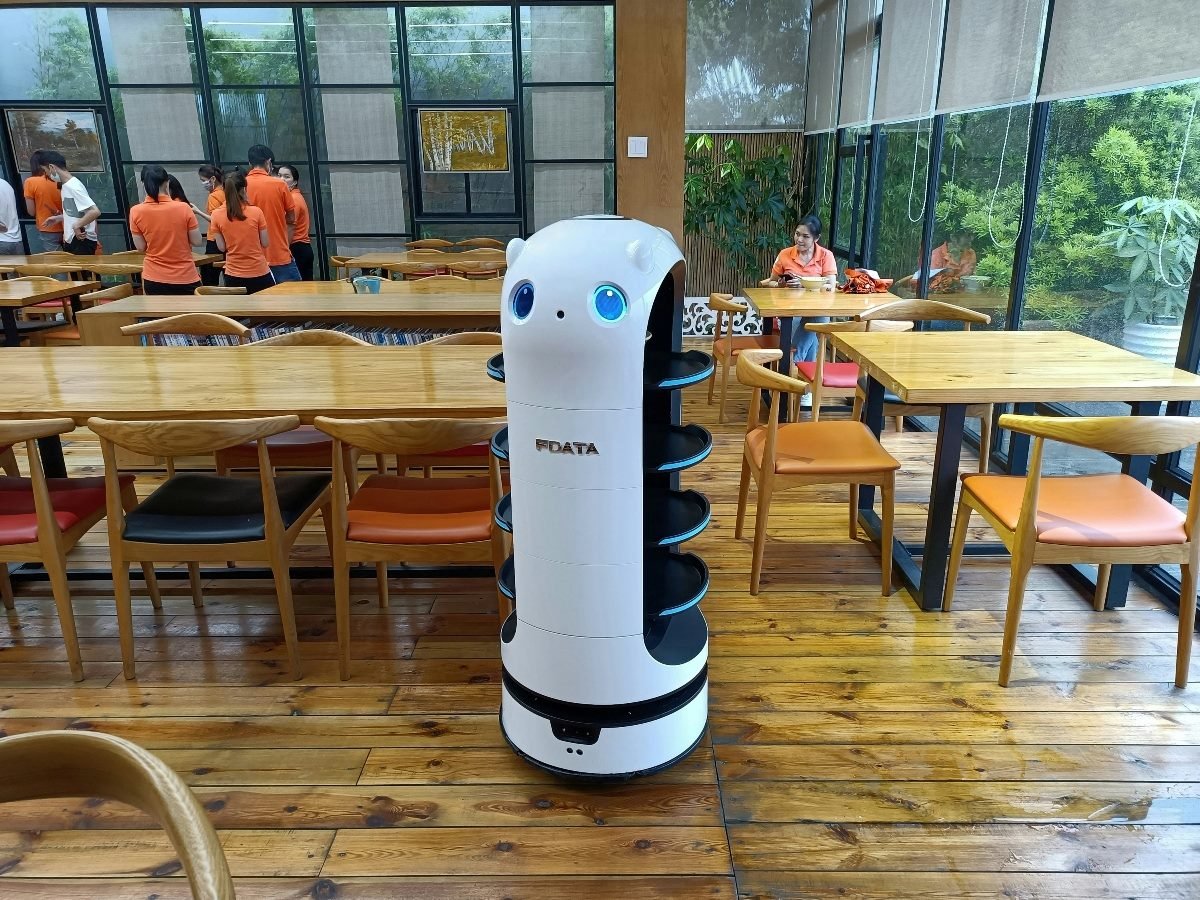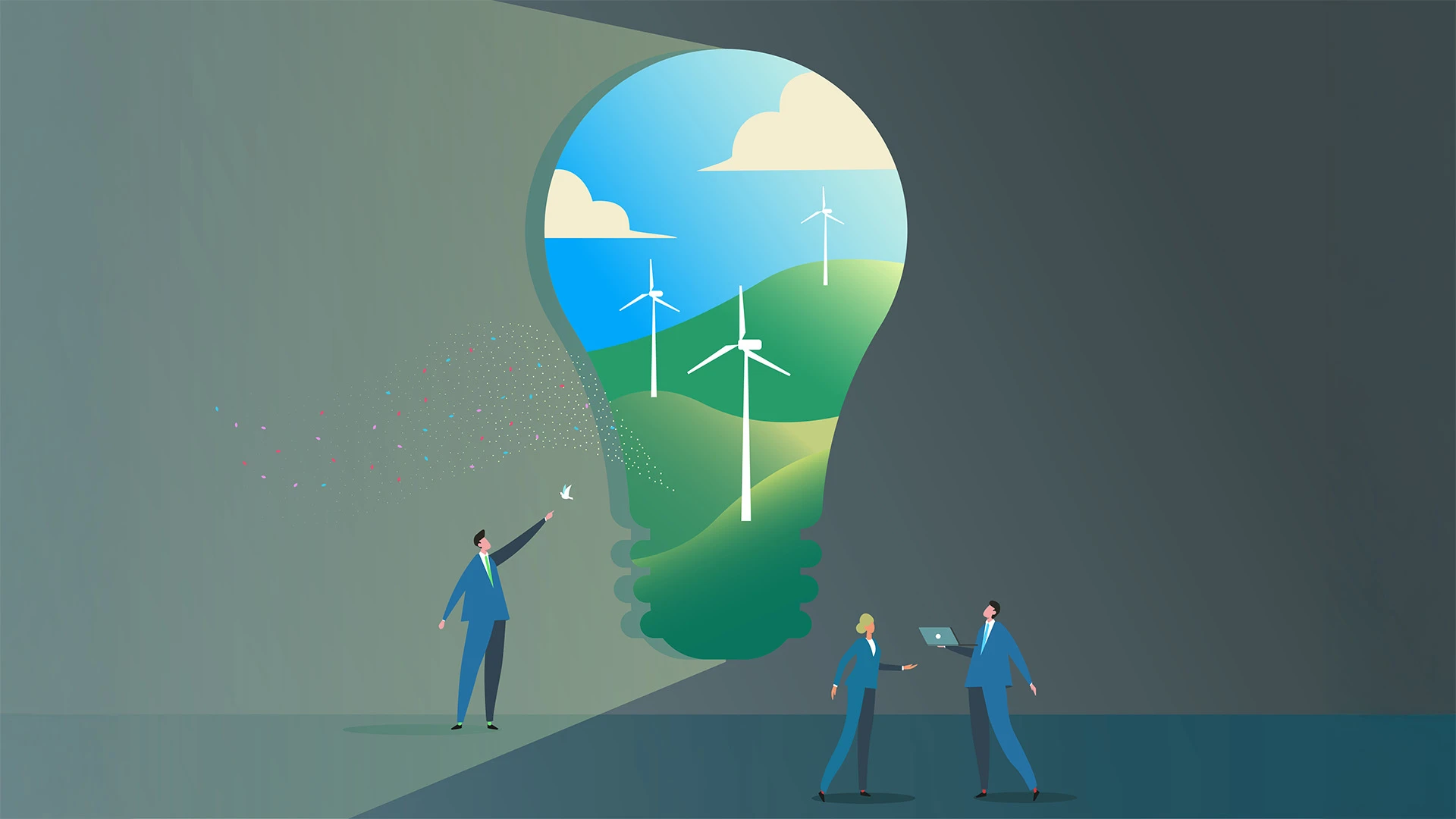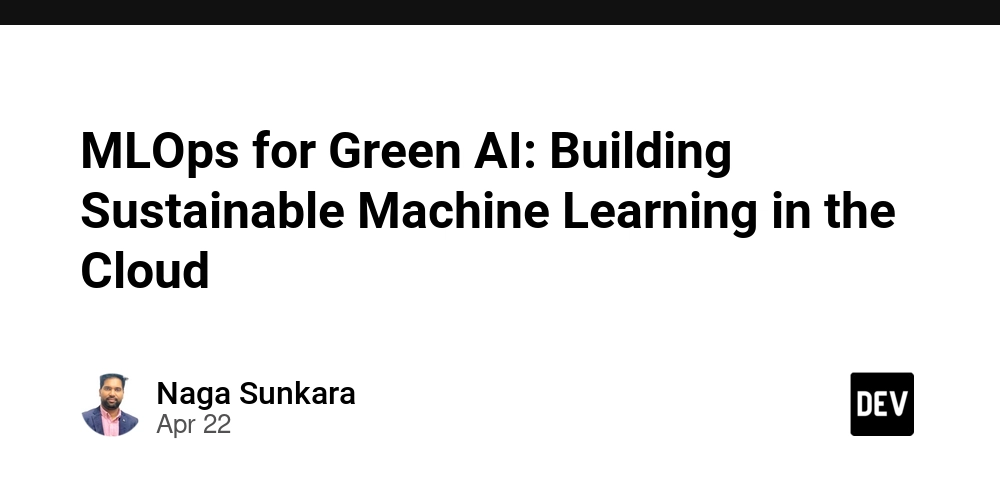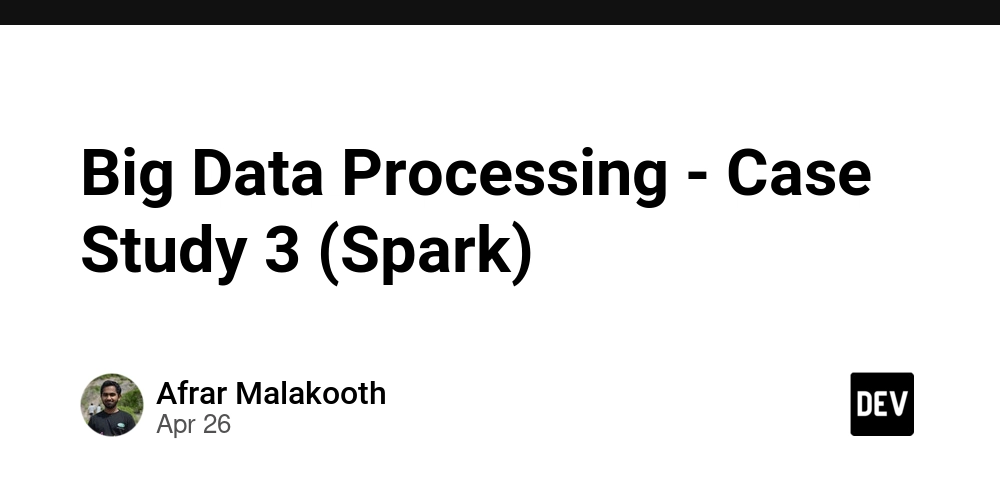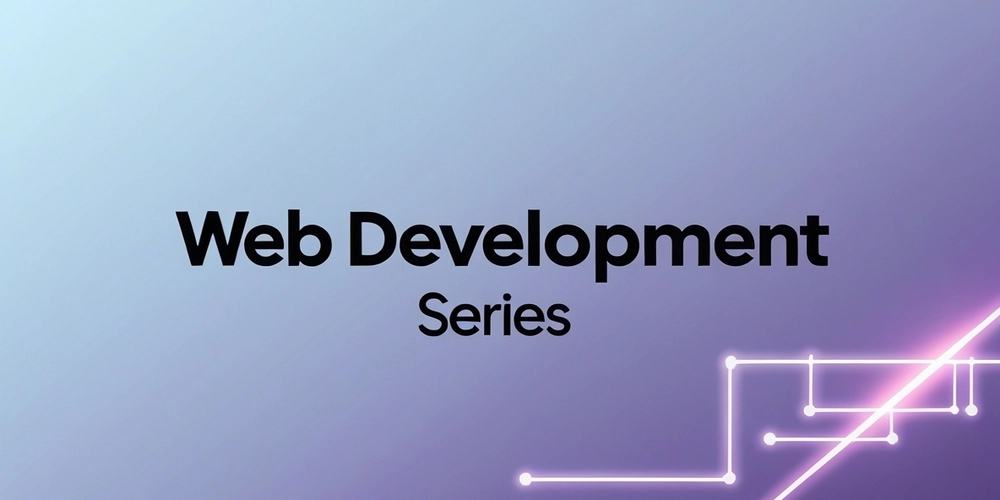AGI: Are There Theoretical Reasons It Might Be Impossible?
Introduction: What is AGI and Why Does it Matter? Artificial General Intelligence (AGI) refers to a hypothetical AI system with broad, human-like intelligence capable of learning or understanding any intellectual task. Unlike today's "narrow" AI (specialized in tasks like image recognition or chess), AGI would be a universal problem-solver. The pursuit of AGI could revolutionize society, enabling machines to innovate across science, engineering, art, and more. But a major question remains: Is AGI even possible in principle? Some theorists argue there are deep theoretical barriers, based on logic and computation, that might make true AGI impossible. This article explores those ideas through the work of Gödel, Church, and Turing. Lessons from Logic: Gödel’s Incompleteness and Turing’s Unsolvable Problems Gödel’s Incompleteness Theorems (1931) Kurt Gödel proved that any sufficiently powerful formal system: Cannot prove all true statements within itself (incompleteness). Cannot prove its own consistency. This shattered Hilbert’s dream of a complete mathematical system. For AGI, it suggests any machine based on formal logic would be unable to access certain truths. Church-Turing Thesis and Unsolvable Problems (1936) Alonzo Church and Alan Turing formalized the idea of algorithms: Church-Turing Thesis: Anything algorithmically computable can be done by a Turing Machine. Turing’s Halting Problem: No algorithm can universally determine if any given program halts. Thus, algorithmic reasoning has inherent limits. Even a brilliant AI would encounter well-defined problems it cannot resolve. Implications for Artificial Intelligence In 1961, J. R. Lucas argued that Gödel’s theorem proves the human mind isn't just an algorithm. Roger Penrose later expanded on this, suggesting consciousness might involve non-computable processes. If true, no purely algorithmic AGI could match human cognition fully. However, the debate remains open. Why No Machine Can “Know Everything”: An Intuitive Example Imagine an AI that must answer: "Will you answer 'No' to this question?" If it answers "No", it contradicts itself. If it answers "Yes", it also contradicts itself. This paradox traps any AI (or formal system) into inconsistency or incompleteness — echoing Gödel’s insights. The Halting Problem Illustration Suppose we have an AI ("HaltMaster") that predicts whether programs halt. We could create a paradoxical program ("ParadoxProgram") that does the opposite of HaltMaster's prediction. Thus, no universal HaltMaster can exist, proving fundamental limits on what algorithms (and therefore AGIs) can do. What Does This Mean for AGI? If AGI is imagined as perfect and infallible, then yes — Gödel and Turing show that’s impossible. But if AGI means human-level intelligence, fallibility and all, then it's more plausible. Humans themselves are incomplete and inconsistent! Thus, AGI may still be achievable in practice, though not as an omniscient entity. Conclusion: A Theoretical Ceiling on Intelligence? Gödel and Turing’s work implies: No system (human or AI) can solve every problem or know every truth. AGI as a perfect oracle is impossible. But AGI as a human-like versatile mind remains possible, albeit with inevitable blind spots. Ultimately, AGI might forever approach but never fully reach true omniscience, bounded by the very nature of logic itself. Sources Dimitar Skordev, Lectures on Logic Programming – store.fmi.uni-sofia.bg Anton Zinoviev, Introduction to Logic Programming – store.fmi.uni-sofia.bg Sarthak Pattnaik, The Case Against AGI – LinkedIn, 2024 Internet Encyclopedia of Philosophy – "The Lucas-Penrose Argument"
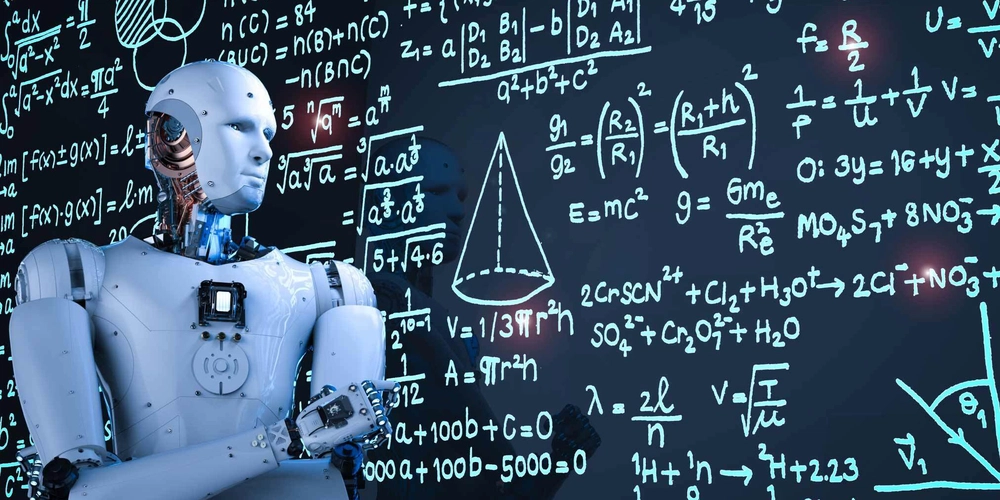
Introduction: What is AGI and Why Does it Matter?
Artificial General Intelligence (AGI) refers to a hypothetical AI system with broad, human-like intelligence capable of learning or understanding any intellectual task. Unlike today's "narrow" AI (specialized in tasks like image recognition or chess), AGI would be a universal problem-solver.
The pursuit of AGI could revolutionize society, enabling machines to innovate across science, engineering, art, and more. But a major question remains: Is AGI even possible in principle?
Some theorists argue there are deep theoretical barriers, based on logic and computation, that might make true AGI impossible. This article explores those ideas through the work of Gödel, Church, and Turing.
Lessons from Logic: Gödel’s Incompleteness and Turing’s Unsolvable Problems
Gödel’s Incompleteness Theorems (1931)
Kurt Gödel proved that any sufficiently powerful formal system:
- Cannot prove all true statements within itself (incompleteness).
- Cannot prove its own consistency.
This shattered Hilbert’s dream of a complete mathematical system. For AGI, it suggests any machine based on formal logic would be unable to access certain truths.
Church-Turing Thesis and Unsolvable Problems (1936)
Alonzo Church and Alan Turing formalized the idea of algorithms:
- Church-Turing Thesis: Anything algorithmically computable can be done by a Turing Machine.
- Turing’s Halting Problem: No algorithm can universally determine if any given program halts.
Thus, algorithmic reasoning has inherent limits. Even a brilliant AI would encounter well-defined problems it cannot resolve.
Implications for Artificial Intelligence
In 1961, J. R. Lucas argued that Gödel’s theorem proves the human mind isn't just an algorithm. Roger Penrose later expanded on this, suggesting consciousness might involve non-computable processes.
If true, no purely algorithmic AGI could match human cognition fully. However, the debate remains open.
Why No Machine Can “Know Everything”: An Intuitive Example
Imagine an AI that must answer:
"Will you answer 'No' to this question?"
- If it answers "No", it contradicts itself.
- If it answers "Yes", it also contradicts itself.
This paradox traps any AI (or formal system) into inconsistency or incompleteness — echoing Gödel’s insights.
The Halting Problem Illustration
Suppose we have an AI ("HaltMaster") that predicts whether programs halt. We could create a paradoxical program ("ParadoxProgram") that does the opposite of HaltMaster's prediction.
Thus, no universal HaltMaster can exist, proving fundamental limits on what algorithms (and therefore AGIs) can do.
What Does This Mean for AGI?
If AGI is imagined as perfect and infallible, then yes — Gödel and Turing show that’s impossible.
But if AGI means human-level intelligence, fallibility and all, then it's more plausible. Humans themselves are incomplete and inconsistent!
Thus, AGI may still be achievable in practice, though not as an omniscient entity.
Conclusion: A Theoretical Ceiling on Intelligence?
Gödel and Turing’s work implies:
- No system (human or AI) can solve every problem or know every truth.
- AGI as a perfect oracle is impossible.
- But AGI as a human-like versatile mind remains possible, albeit with inevitable blind spots.
Ultimately, AGI might forever approach but never fully reach true omniscience, bounded by the very nature of logic itself.
Sources
- Dimitar Skordev, Lectures on Logic Programming – store.fmi.uni-sofia.bg
- Anton Zinoviev, Introduction to Logic Programming – store.fmi.uni-sofia.bg
- Sarthak Pattnaik, The Case Against AGI – LinkedIn, 2024
- Internet Encyclopedia of Philosophy – "The Lucas-Penrose Argument"
























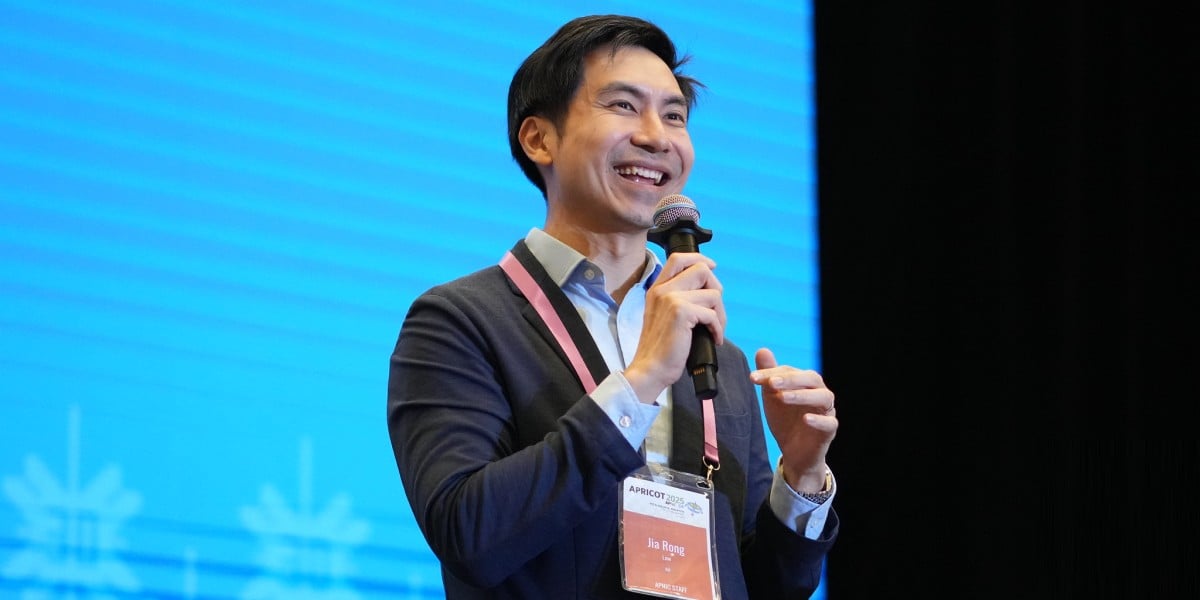







































































































































![[The AI Show Episode 143]: ChatGPT Revenue Surge, New AGI Timelines, Amazon’s AI Agent, Claude for Education, Model Context Protocol & LLMs Pass the Turing Test](https://www.marketingaiinstitute.com/hubfs/ep%20143%20cover.png)




























































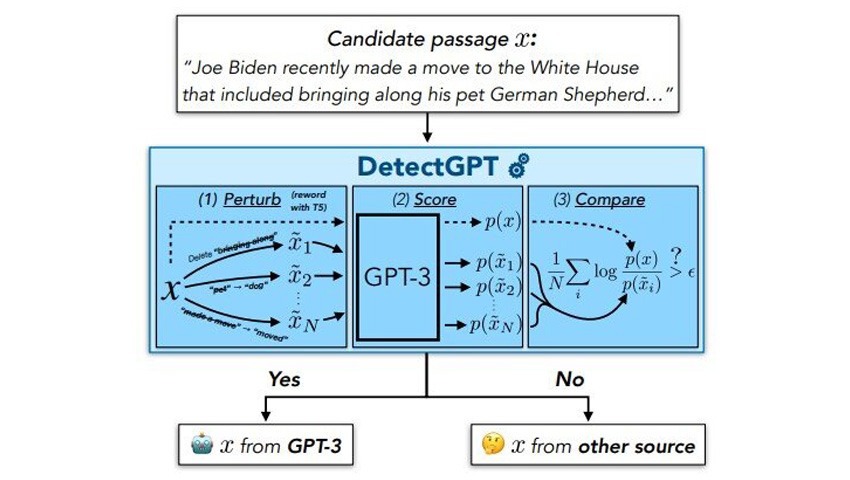



















































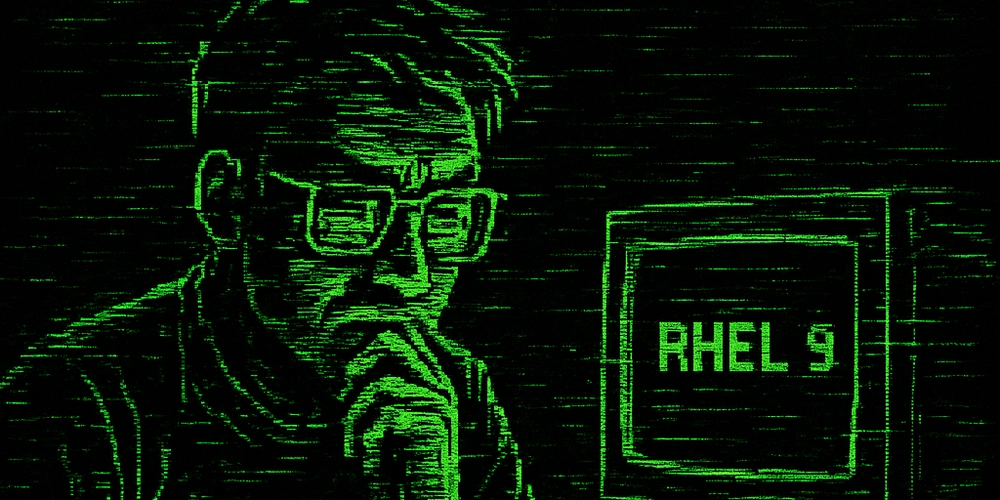














![[DEALS] Koofr Cloud Storage: Lifetime Subscription (1TB) (80% off) & Other Deals Up To 98% Off – Offers End Soon!](https://www.javacodegeeks.com/wp-content/uploads/2012/12/jcg-logo.jpg)
























![Is this too much for a modular monolith system? [closed]](https://i.sstatic.net/pYL1nsfg.png)




















































































































_roibu_Alamy.jpg?width=1280&auto=webp&quality=80&disable=upscale#)




 CISO’s Core Focus.webp?#)














































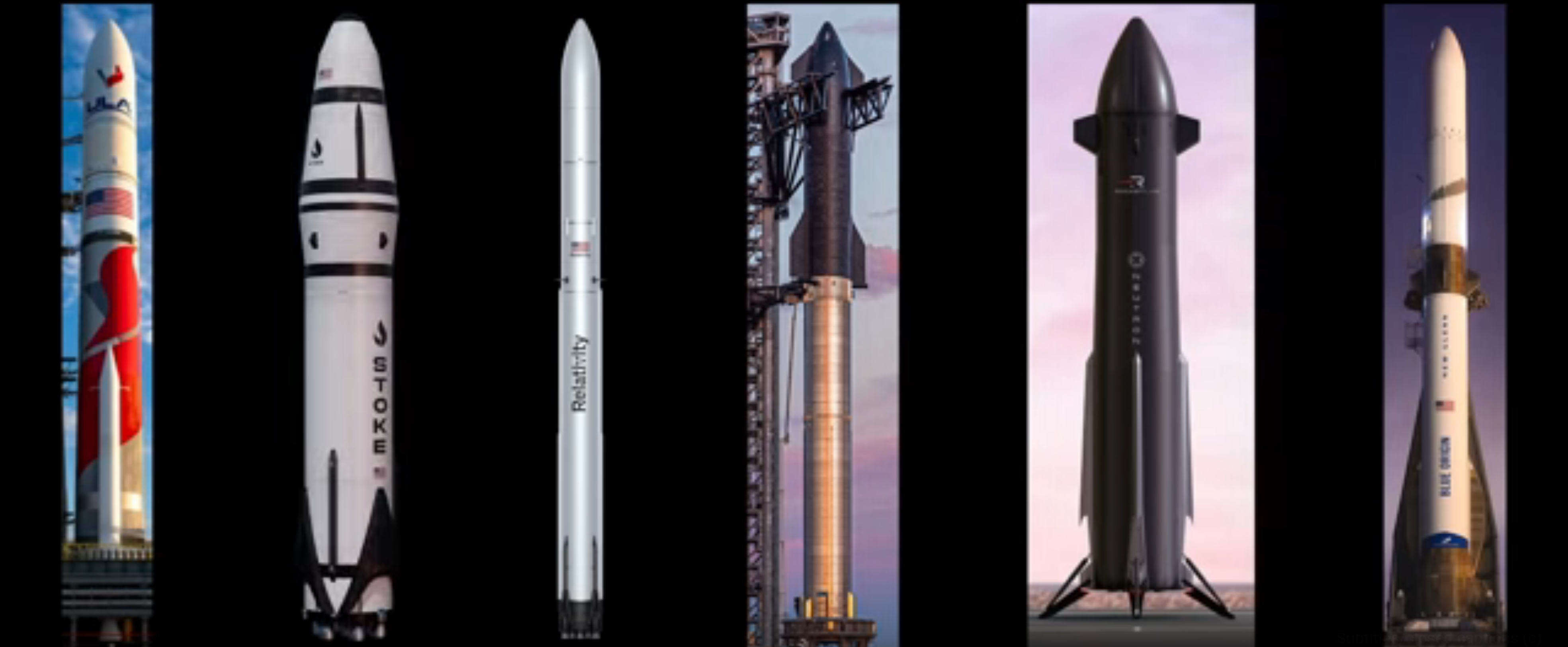



















































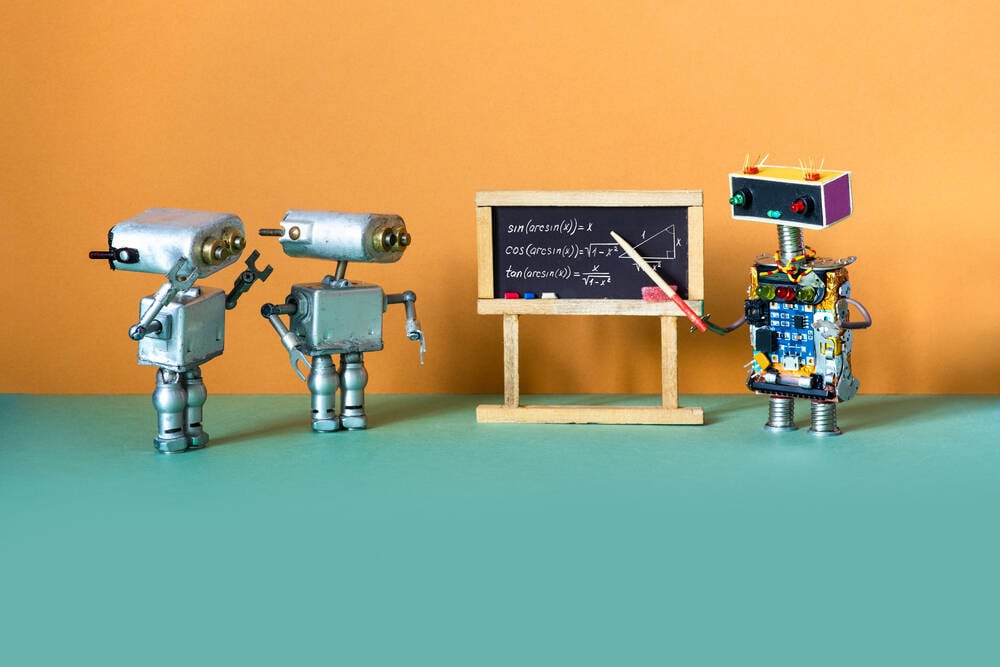


![M4 MacBook Air Drops to Just $849 - Act Fast! [Lowest Price Ever]](https://www.iclarified.com/images/news/97140/97140/97140-640.jpg)
![Apple Smart Glasses Not Close to Being Ready as Meta Targets 2025 [Gurman]](https://www.iclarified.com/images/news/97139/97139/97139-640.jpg)
![iPadOS 19 May Introduce Menu Bar, iOS 19 to Support External Displays [Rumor]](https://www.iclarified.com/images/news/97137/97137/97137-640.jpg)

















